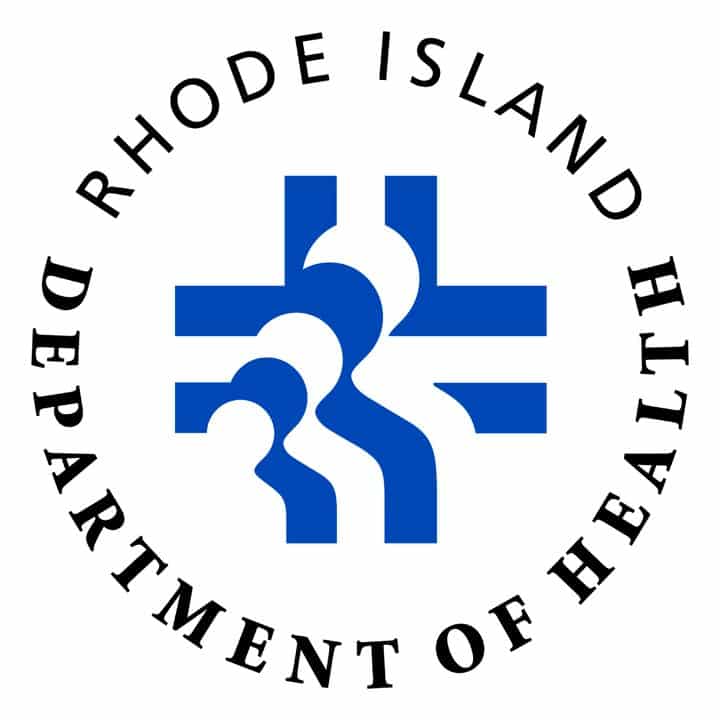
![[CREDIT: RIDOH] The RI Department of Health has issued a Coventry rabies alert after a cat near Newell Court tested positive for the disease after scratching someone.](https://e8dgfhu6pow.exactdn.com/wp-content/uploads/2021/02/RI-Department-of-Health-336x336.jpg?strip=all)
COVENTRY, RI — The RI Department of Health has issued a Coventry rabies alert after a stray cat in Newell Court tested positive for rabies July 10 after scratching someone July 7.
The person who was initially scratched by the cat and a second person who had contact with the cat have started treatment with post-exposure prophylaxis, a crucial, life-saving measure, the health department noted in the Coventry rabies alert.
Coventry rabies alert: Fatal disease requires immediate treatment. Keep pets, people away from infected animals
Rabies is a fatal disease if it is not treated before the onset of symptoms. Anyone who may have had direct contact with the cat should immediately call RIDOH’s Center for Acute Infectious Disease Epidemiology at 401-222-2577 (Monday to Friday, 8:30 a.m.to 4:30 p.m.) or 401-276-8046 after hours so a nurse can assess your exposure and determine if you should receive treatment. If you think your pet may have come in contact with this cat, call RIDOH, your local Animal Control Officer, and your pet’s veterinarian.
The rabies virus infects the central nervous system. If a person does not receive the appropriate medical care after a rabies exposure, the virus can cause disease in the brain, ultimately resulting in death. Rabies treatment must be started as soon as possible after exposure and before symptoms appear.
All dogs, cats, and ferrets are required by State law to have current vaccination against rabies. Vaccinating pets prevents them from getting rabies and prevents people from becoming exposed to rabies through their pets.
RIDOH makes the following recommendations to prevent rabies:
- Make sure all dogs, cats, and ferrets are up to date on rabies vaccination.
- Avoid all contact with and do not feed stray or free-roaming domestic animals.
- Avoid all contact with and do not feed wild animals.
- Do not feed your animals outdoors, as this will attract other animals. This is especially dangerous when feeding large numbers of free-roaming cats.
- Protect your pets by always maintaining control; walk dogs on a leash or let them play in a fenced yard, and do not let pets wander unsupervised.
- Report all animal bites to your city/town’s animal control officer.
- Securely cover all garbage cans so wild animals cannot scavenge for food.
For more information, visit health.ri.gov/rabies.
This is a test
